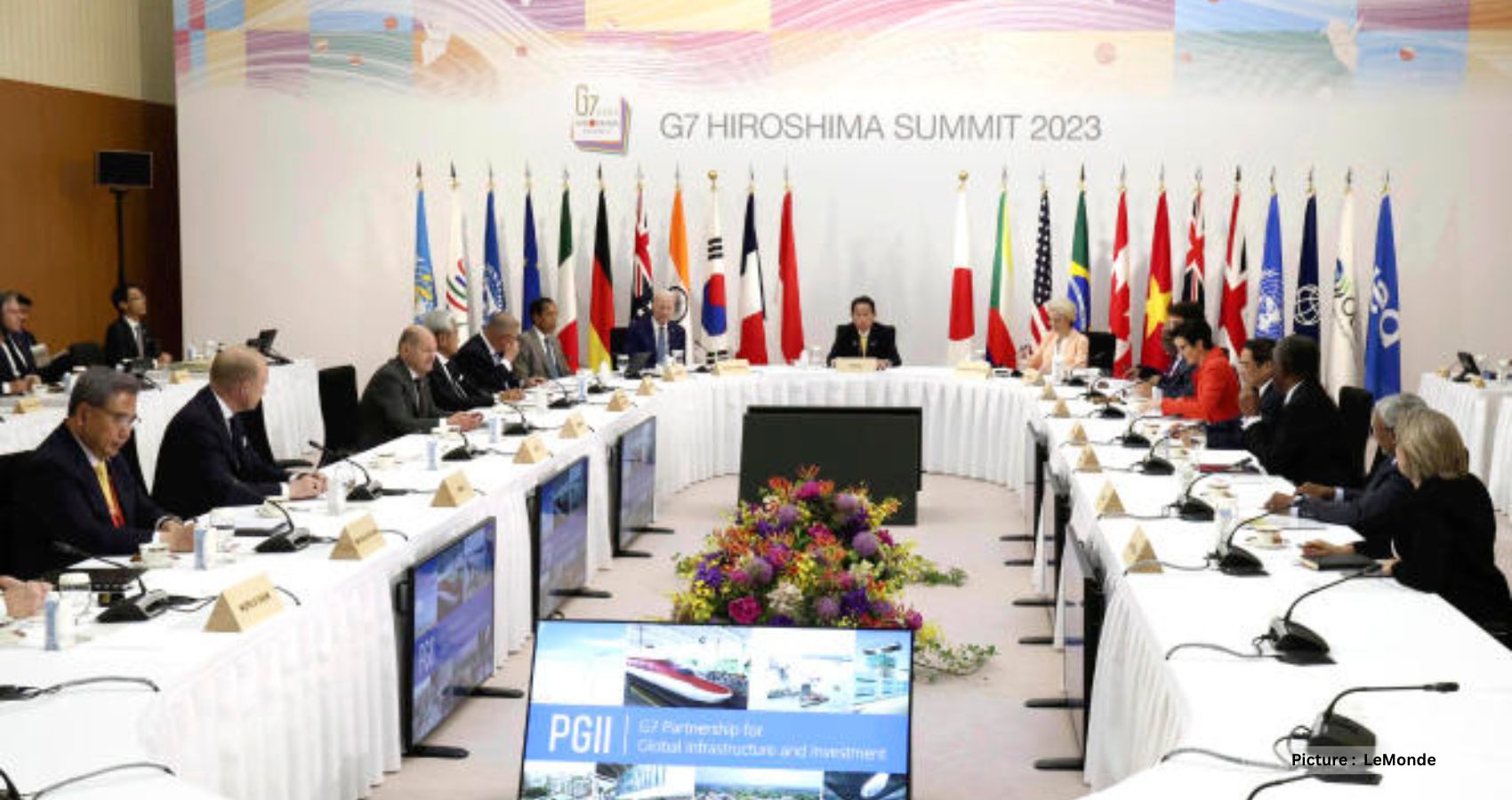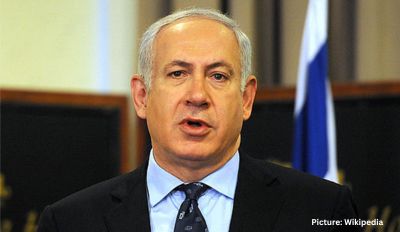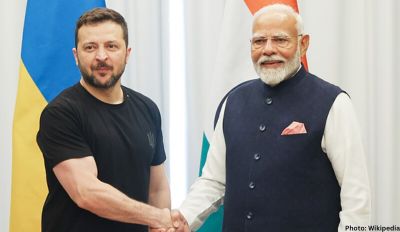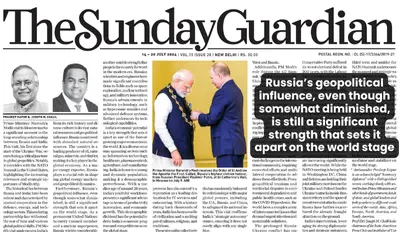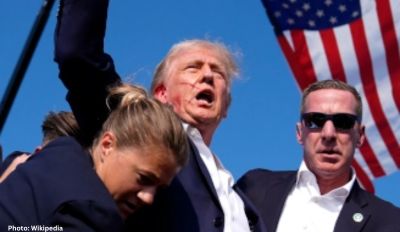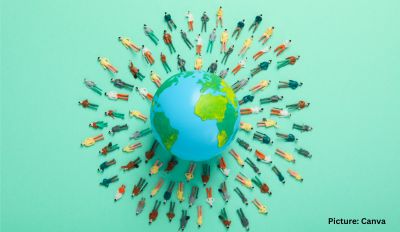As the G7 summit approaches, imagine the host scrambling to find an extendable table and extra dining essentials to accommodate the growing guest list. This year, Japan’s Prime Minister Fumio Kishida has decided to invite eight additional attendees to the meeting, which kicks off on Friday in Hiroshima. The expanded guest list signifies the challenging topics on the agenda, including the conflict in Ukraine and global food security, as well as the shifting international landscape with a focus on two absent nations: Russia and China.
The G7 comprises the world’s seven most affluent democracies—Japan, the United States, the UK, France, Germany, Canada, and Italy—with the European Union also sending representatives, although not officially a member. Host countries have recently begun inviting other nations at their discretion. However, the G7’s economic power has diminished; while they represented over half of the world’s GDP in 1990, they now account for just under 30%. Consequently, the G7 seeks to forge alliances with influential new partners.
In pursuit of a more global coalition, Kishida has welcomed Australia, India, Brazil, South Korea, Vietnam, Indonesia, Comoros (on behalf of the African Union), and the Cook Islands (representing the Pacific Islands Forum) to the table. Over the past 18 months, Kishida has embarked on 16 international trips to countries like India, Africa, and Southeast Asia, demonstrating that there are alternatives to Chinese and Russian influence. As he once said, he is trying to “prove to these regions that there is an alternative to Chinese and Russian money and power.”
His Hiroshima guest list mirrors these efforts to court the so-called “Global South,” encompassing developing nations in Asia, Africa, and Latin America, all of which maintain intricate political and economic relationships with both Russia and China.
Presenting a unified stance
Achieving one of Mr. Kishida’s primary goals—demonstrating a “united front” on Russia’s invasion of Ukraine—will likely prove to be a significant challenge. The G7 is reportedly working on implementing further sanctions targeting the energy and export sectors that support Moscow’s war efforts.
However, many of the additional guests may not approve of this move. For example, India has not adhered to Western sanctions on Russian imports and has not explicitly condemned Russia’s invasion of Ukraine. Apart from their long-standing relationship, India relies on energy imports and has defended its oil purchases, claiming it cannot afford higher prices.
India is not alone in this predicament. Emerging economies have been severely impacted by escalating costs, partially driven by the war in Ukraine. They are now concerned that additional sanctions could lead Moscow to cancel a Black Sea grain agreement, which allows crucial exports from Ukraine. Such a move could worsen food shortages and inflate prices even more.
For some countries, the issue goes beyond the personal cost of sanctions. Nguyen Khac Giang, a visiting fellow at the Institute of South East Asian Studies in Singapore, notes, “Vietnam has a historically close relationship with Russia, which supplies at least 60% of their arms and 11% of their fertilizer.” He adds that Indonesia, though not heavily reliant on Russia, is a significant importer of Russian weapons and maintains positive relations with Moscow.
Giang believes that Hanoi and Jakarta will neither explicitly object to nor support further sanctions on Russia due to the considerable economic and political risks involved, with little benefit in return.
Kishida hopes that the backdrop of Hiroshima, where the atomic bomb killed over 100,000 people, will focus attention on the nuclear threat posed by Russia. Tours around the city will serve as a constant reminder of the destruction such weapons can cause and emphasize the responsibility of the invited nations to prevent their future use.
Ukrainian President Volodymyr Zelensky, present virtually, will also pressure attendees with a heartfelt appeal on behalf of his people who have already suffered greatly. However, this may not be enough to resolve divisions over the extent of sanctions. Frustration is growing among non-G7 countries who feel their voices have often been overlooked by the West. Nonetheless, analysts believe that listening and treating these nations as partners is a step in the right direction.
Nguyen Khac Giang says that involving Vietnam and Indonesia “provides an opportunity to communicate their concerns with G7 leaders on a vast array of issues, from the war in Ukraine and the slowdown of the global economy, to security risks in East Asia, particularly regarding the South China Sea dispute and Taiwan.”
Addressing the China challenge
Taiwan and the surrounding tensions have emerged as one of the most significant crises in recent times. As the only Asian G7 member, Japan sees the summit as an opportunity to respond to China’s increasing military presence around the self-governing island. Tokyo’s message to the West is simple: your fight in Ukraine is our fight, and vice versa.
However, dealing with China, which is deeply embedded in global supply chains, may be even more challenging than addressing Russia. French President Emmanuel Macron recently cautioned Europe against getting “caught up in crises that are not ours,” sparking a minor dispute in the West and reigniting fears of abandonment in East Asia.
Analysts note that China’s voice is heard clearly because its position remains consistent, unlike Western democracies that experience changes following elections. While the US has unwaveringly supported Ukraine and Taiwan, the G7 is also concerned about Beijing’s “economic coercion” – retaliating against actions perceived as critical of China.
It remains uncertain what countermeasures the G7 will adopt or whether they can agree with their EU partners on a united approach. Persuading other countries to follow suit will be even more challenging, as many Global South nations have stronger economic ties to Beijing.
The Pacific Islands represent a region where the struggle for influence is still ongoing, explaining the Cook Islands’ presence on the guest list. These island nations, highly vulnerable to climate change, are using their strategic importance to engage both the US and China.
Kishida’s coalition-building efforts will hinge on the G7’s agreement to address climate change and energy security. This could reduce countries’ reliance on Russian oil and gas or Chinese aid. However, there may already be a weakness in this strategy. President Joe Biden was set to visit Papua New Guinea after the summit – the first sitting US president to do so – but had to shorten his trip due to a domestic crisis.
According to Richard Maud, a senior fellow at the Asia Society Policy Institute and former Australian intelligence chief, this is a setback. He stated at a recent panel discussion, “Turning up is half the battle. China turns up all the time, and so the optics aren’t great.”

